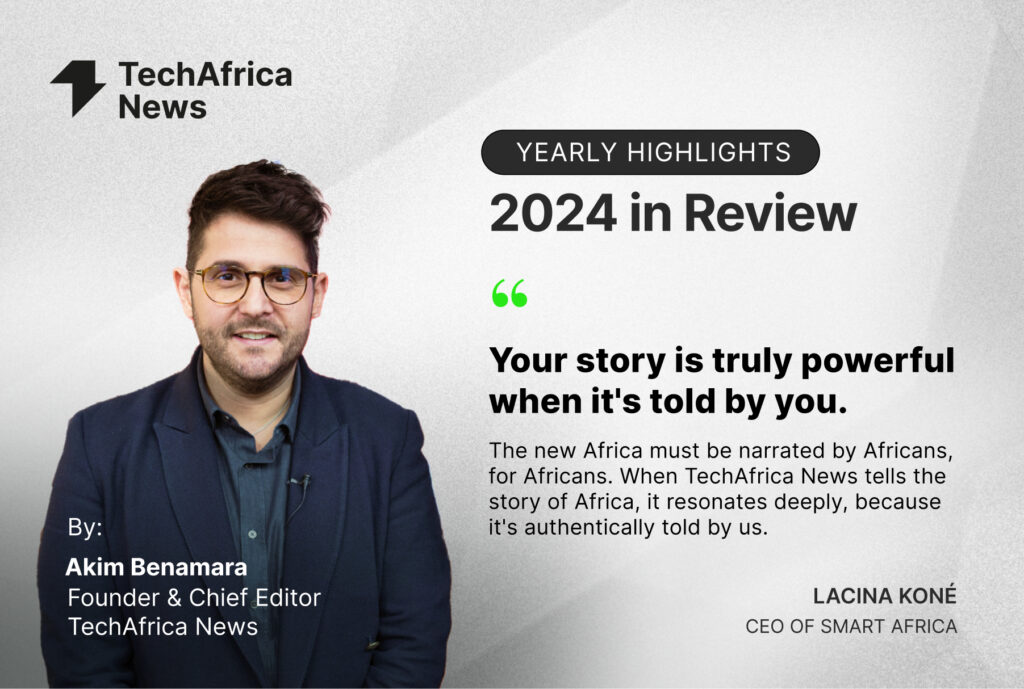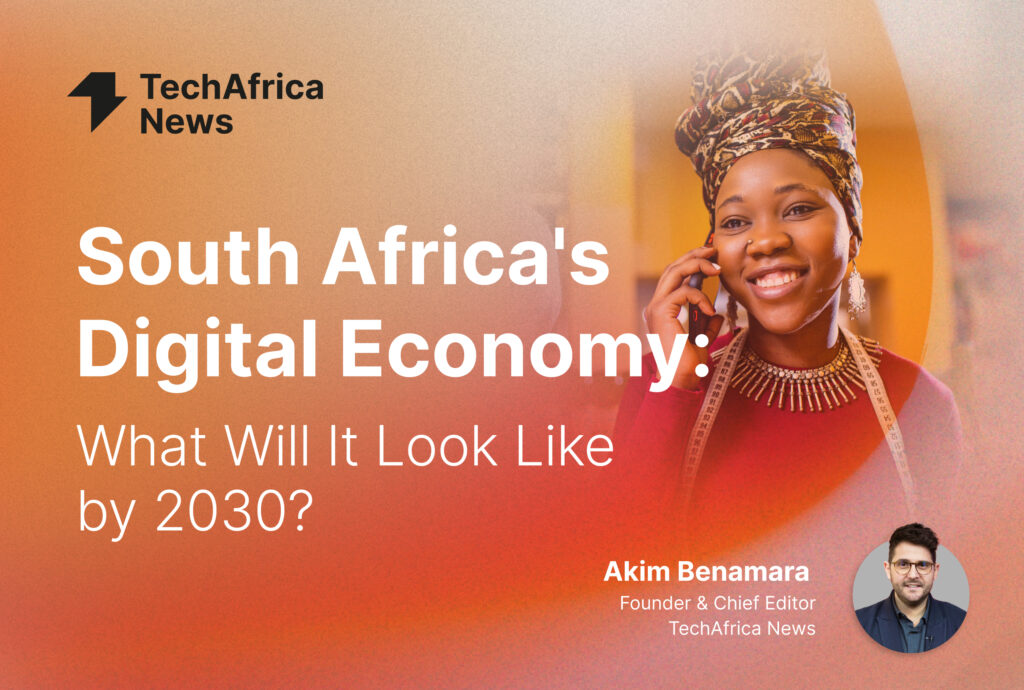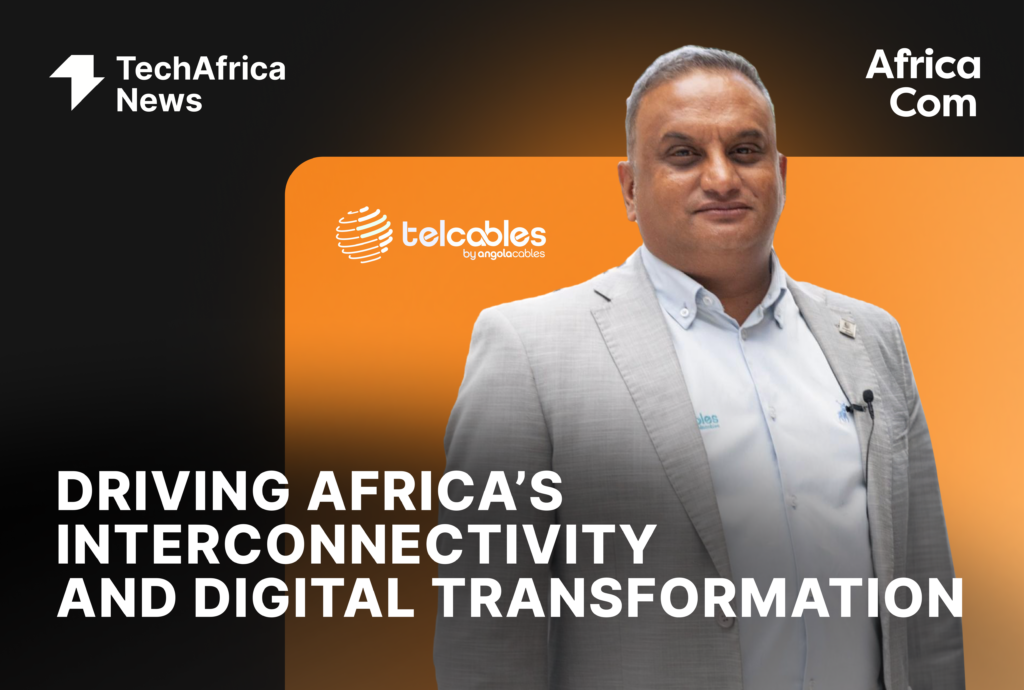The Advent of Satellite Technology in Africa

For years, Africa has suffered from a lack of connectivity. While the situation was somewhat fine in the major cities with some limitations, rural and semi-rural areas have faced the brunt of limited or no connectivity. For Africa to progress and for governments, companies, and others, to be able to offer services that are available in other continents, things have to change dramatically.
The arrival of satellite connectivity, enabling high-speed broadband to even the remotest of areas is starting to change that, but it is only a start, as, with all new technology, the price is too high to start off with. In some countries in Africa, users can pay up to 20% of their salary on just 1Gb of data. That is clearly a business model that isn’t sustainable across the majority of African countries and has to change.
If we look at some of the statistics released by ‘The International Financial Corporation’ only 22% of the continent has access to a basic internet connection. The areas which do have access are mostly the urban areas as the semi-urban and rural areas are still facing a huge disconnect. There is certainly no lack of digital service providers but with very limited demand in the semi-urban and rural areas, the costs have been very high. As these areas face the issues of inaccessibility and high costs; satellite technology is looking to become a revolutionary factor in enabling better connectivity in the regions.
In the following piece, we will provide an overview of the power of satellite technology and how it going to help various industries in Africa.
A number of satellite companies and organisations are now focusing on having the infrastructure in place that will enable a whole area of new services to be provided to a majority of users across Africa. Companies such as SES with the launch of their 03b mPOWER solution is a low orbit solution that promises much. Amos Spacecom’s DCP platform is targeted at the very areas that will benefit those that need help and assistance and so far, have been left behind, by not being online. These are not the only ones, many other satellite organisations are now focusing on ensuring that Africa is finally connected across all areas and regions of the continent and here at TechAfrica News, we will be focusing on some of them during the coming months
By doing this, areas that have so far been out of reach to many services can finally be connected. It’s not an endless list, but just imagine how rural areas can benefit from:
- eLearning
- Remote Healthcare – something we’re all now coming to terms with
- Government services – resulting in increased efficiency and less wastage
- Agriculture – This can take many forms, from what crops to plant, to where to plant them, to how to get the best price for the crops
- Manufacturing
- Video Streaming
- More competition amongst ISP’s
- Extension of 4/5G networks, combined with greater use of WiFi hotspots
In future articles, we’ll examine some of these in a little more detail, to see what can be offered and achieved
With these satellite companies bringing a wave of new technologies, there is no doubt that satellite technology is the key to enable substantial digital connectivity in the continent especially in the underserved regions. Finally, we can see a new future filled with innovations that are fueled by extensive digital connectivity throughout Africa.






